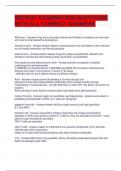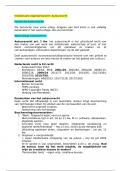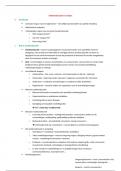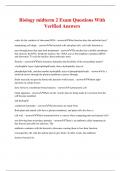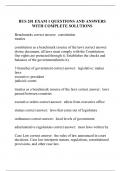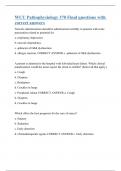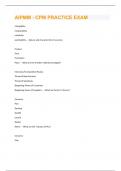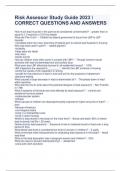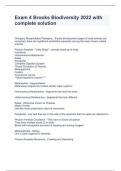Exam (elaborations)
MICR221 EXAMINATION QUESTIONS WITH ALL CORRECT ANSWERS
- Course
- Institution
MICR221 EXAMINATION QUESTIONS WITH ALL CORRECT ANSWERS AB toxins - Answer-A has toxic enzymatic activity and B binds to receptors on host cells so A can be internalised by endocytosis botulinum toxin - Answer-blocks release of acteylcholine from stimulatory motor neurons so no muscle contracti...
[Show more]
